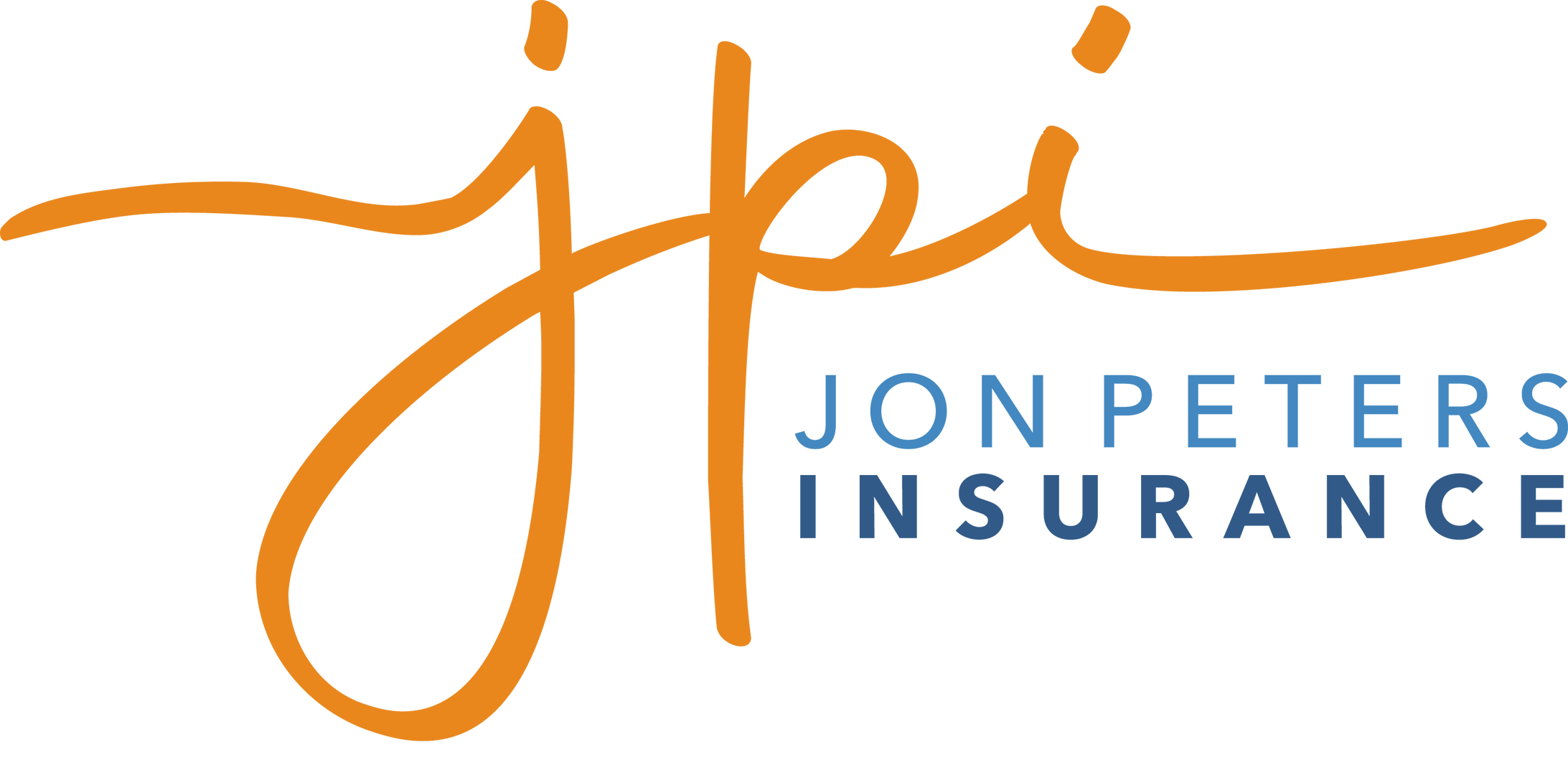Disability Insurance
The 411 on Disability Insurance
When you are injured, you understandably have medical bills that require prompt payment. However, you also usually must take time off of work to recover fully. This may be to recover from physical injuries, emotional trauma, or both. In some cases, this is a short-term disability, and you may be back at work within a few weeks. In other cases, you may lose months of income. Disability insurance is a special type of coverage that is designed to compensate you for lost income during your recovery period. However, it does not provide benefits indefinitely. Coverage is available to provide benefits for a specified period of time.
Many people fail to plan ahead for a worst-case scenario, such as being so injured or emotionally distraught they are unable to earn a living and pay for their regular expenses. Without a regular income, you may be unable to pay your rent or mortgage payment, and you may find yourself evicted. You may have a car repossessed, and you may not be able to afford clothes or food. This financial stress can be difficult to manage when you are also dealing with injuries or emotional trauma. It may create severe devastation for you and for your loved ones.
Who Needs It
Pretty much all can benefit from this kind of policy coverage. This is substantiated by the fact that anyone can be injured or fall sick at any time, which leads to the inability to meet their employment responsibilities. This type of protection is generally provided to those who run their own businesses, are self-employed, normal employees and even those who temporarily out of work. It is far-reaching and a potential benefit to all who purchase it.
See all policies
HOME + AUTO
BUSINESS
LIFE + INCOME
TOYS
How it Functions
When you purchase disability insurance, you can set up benefits to provide you with a certain level of income for a specified number of months. This benefit can help you to avoid financial hardship when you are dealing with a serious injury that prevents you from working. Typically, this supplemented monthly income amount is equivalent to your regular take-home pay, but you can set the amount to a desired level. Disability coverage usually only offers financial benefits related to specific types of named events in the policy. However, some policies include coverage for all events except for those that are specifically excluded per the terms of your coverage. You need to understand how your coverage works before you make a decision to purchase it. Because financial needs and situations fluctuate, it is wise to review your disability coverage periodically to ensure that it continues to meet all of your needs.
Kinds of coverage
There are generally two types of disability insurance policies: Short-Term Disability (STD) and Long-Term Disability (LTD). STD policies usually have a 14-day waiting period with a maximum period of benefits being provided no longer than two years. LTD policies will usually have a waiting period of a few weeks and up to several months. The maximum benefit period for this coverage ranges from three or so years up to the time remaining in your life.


